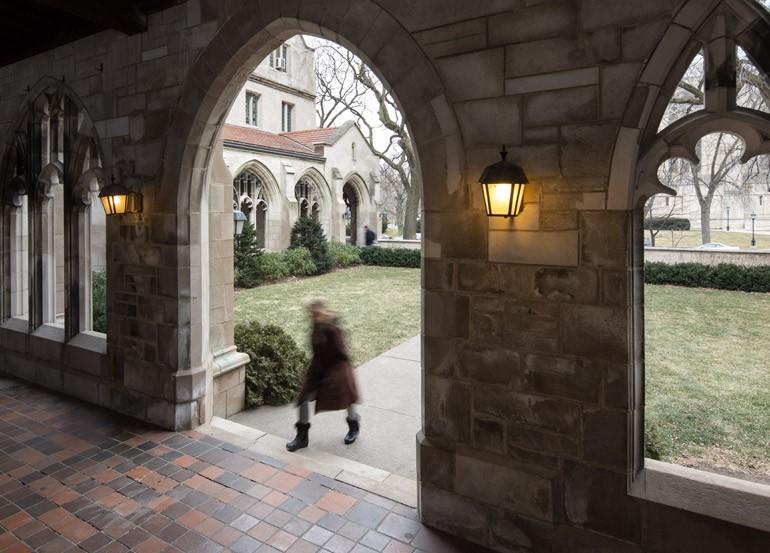The Jane Project, an anonymous question-and-answer hotline for students seeking reproductive health tips, launched this month. The Jane Project is one of three current initiatives of UChicago’s Planned Parenthood chapter, Project Reproductive Freedom (PRF), which seeks to destigmatize sexual health and fill in gaps in students’ knowledge about the subject.
Second-years Sophie Luard and Zoe Torrey said the motivation for the Jane Project came from the results of a survey they posted in the Class of 2023 Facebook group last year. It asked fellow second-years to rate their knowledge on contraceptive and abortion resources as given by the University. “The overwhelming consensus from those survey results was that UChicago was not informing people either about where to get contraception or abortion or how to pay for it,” Torrey said.
This revelation spurred Torrey, Luard, and second-year Gillian Major to create the Jane Project, the name of which is derived from plaintiff Norma McCover’s pseudonym (Jane Roe) in the landmark “Roe v. Wade” case. So far, moderators have responded to almost ten questions on the Facebook page, but they look to receive more going forward. Students with questions either fill out an anonymous Google Form or text a hotline to get a response within a half hour.
Examples of questions asked on the Facebook page range from “If I am on my parents’ insurance plan, will they see I’m getting birth control?” to “How do I know which type of contraceptive is right for me?” The answers to these questions are important to get right and often depend on an individual’s circumstances, so moderators are required to make sure they are sharing accurate and relevant information.
The Jane Project holds itself accountable by giving students the chance to provide feedback whenever possible. “We’re researching things and learning them as we go, and so there’s bound to be times when someone [says] ‘Wait, my experience was different’, and so if you go to any of our social media pages we have a Google Form link [for] feedback,” Luard said.
In addition to answering questions, members of the club shared that it is important to accumulate a resource bank to refer students to if certain situations arise. Luard remembered spending an entire afternoon calling the Ryan Center, UChicago Medicine’s Department of Obstetrics and Gynecology, to figure out the numbers that put students in touch with the correct personnel.
Other projects PRF has developed include a menstrual destigmatization campaign on Instagram where PRF posts anonymously submitted funny period stories and a menstrual product drive, where donors can buy menstrual products to be donated to Chicago House, a local social services organization.
Since its conception in 2017 by founder Qudsiyyah Shariyf, PRF has endeavored to spread knowledge and advocate for reproductive freedom through many avenues, such as lectures, documentary screenings, group outings, and a recurring event known as Paint Your Orgasm, wherein participants make art and meet new people. “Reproductive rights, justice, and awareness is everything, especially to college students at this age,” Torrey said. “[Reproductive] health is so essential,” she continued, “[because] in the same vein that if you break your leg, your entire world changes—your path to class changes and the time it takes you to do things changes—if you can’t control your reproductive autonomy your entire world can be undermined by that.”









